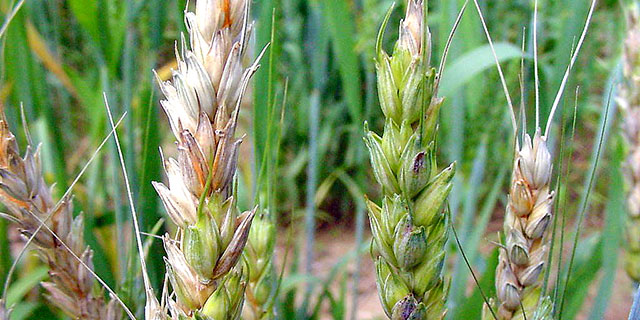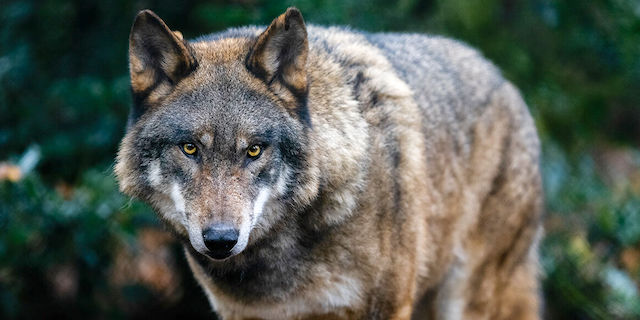Plea made for northeast Washington rancher to join wolf group
Published 8:15 am Friday, November 12, 2021

- Don Jenkins/Capital Press Washington Department of Fish and Wildlife consultant Francine Madden points to ideas from the department's Wolf Advisory Group at a meeting March 14 in Tumwater. The group has asked WDFW staff members to rework the department's policy on shooting wolves that prey on livestock.
Northeast Washington ranchers need a voice on the Department of Fish and Wildlife’s Wolf Advisory Group, says the Washington Farm Bureau’s representative on the panel.
Wolf packs saturate the region, but no rancher from there has been on the advisory group since the Cattle Producers of Washington withdrew its representative in 2015.
Fish and Wildlife says it wants a northeast Washington rancher back on the panel. There’s no obvious push from ranchers to rejoin.
Tom Davis, the Farm Bureau’s government relations director, said the advisory group needs a first-hand perspective on ranching in the counties most thickly populated by wolves.
“I find it disrespectful we don’t have a northeast representative on the WAG,” he said Thursday in an interview.
Davis pushed the idea this week at an advisory group meeting as the panel discussed efforts to prevent wolf-livestock conflicts in northeast Washington.
Fish and Wildlife biologists and conflict specialists spoke, but there were no ranchers on the video conference from that corner of the state.
“I think it harms our discussions here because we’re not getting the level of detail we need from a producer’s perspective,” Davis said.
Although purely advisory, the panel has a high profile. Fish and Wildlife formed the group a decade ago hoping ranchers, hunters and wolf advocates can agree on wolf policies.
The Cattle Producers dropped out six years ago, complaining the group had become a forum for talks that excused Fish and Wildlife from controlling wolves.
Fish and Wildlife wolf policy coordinator Julia Smith said the department wants a rancher from northeast Washington on the Wolf Advisory Group.
“Having a livestock producer from northeast Washington on the WAG has been something we’ve pursued for a long time,” she said. “We’re always asking folks, ‘Hey, jump in and apply.'”
Four of the group’s 16 members are livestock producers, though none are from Stevens or Ferry counties, the two counties with the most wolves. One group member, Samee Charriere, has had cattle attacked by wolves in southeast Washington.
Stevens County Cattlemen’s Association President Scott Nielsen, who leads the Cattle Producers wolf-livestock conflict program, said he still has reservations about the group.
The group’s purpose has been vague, he said. And while a rancher from the region could talk about the problems with wolves, that cattleman could be targeted by activists, he said.
If a rancher does join the group, other cattlemen should pick their representative, Nielsen said.
“The person put forward by the industry might not be the person the department would want,” he said.
“If someone is put in there, they should have a good grasp on what’s good for the industry, not just individual ranchers,” Nielsen said.
Smith said cattlemen could nominate candidates, but the nominees would have to be acceptable to the department.
“When we interview candidates, we ask questions that help us assess their capacity for collaboration,” she said in an email. “Commitment to collaboration and the process is the most important thing about being a WAG member.”
The advisory group was once made up of members who represented organizations. Most members now have no affiliations and are picked to represent broad interests, such as hunting, recreating, wildlife advocacy or raising livestock.
The group has struggled for the past three years to hold coherent meetings after its contract with facilitator Francine Madden ended.
The department recently hired Ross Strategic of Seattle to lead the meetings. First-time moderator Susan Hayman won rave reviews for her handling of this week’s two days of meetings.
There are two vacancies on the Wolf Advisory Group. Eight other positions will expire at the end of the year.
Davis said Fish and Wildlife should take advantage of the openings.
“I just don’t feel they have tried hard enough to find somebody, and every year that goes by it gets more important,” he said.






